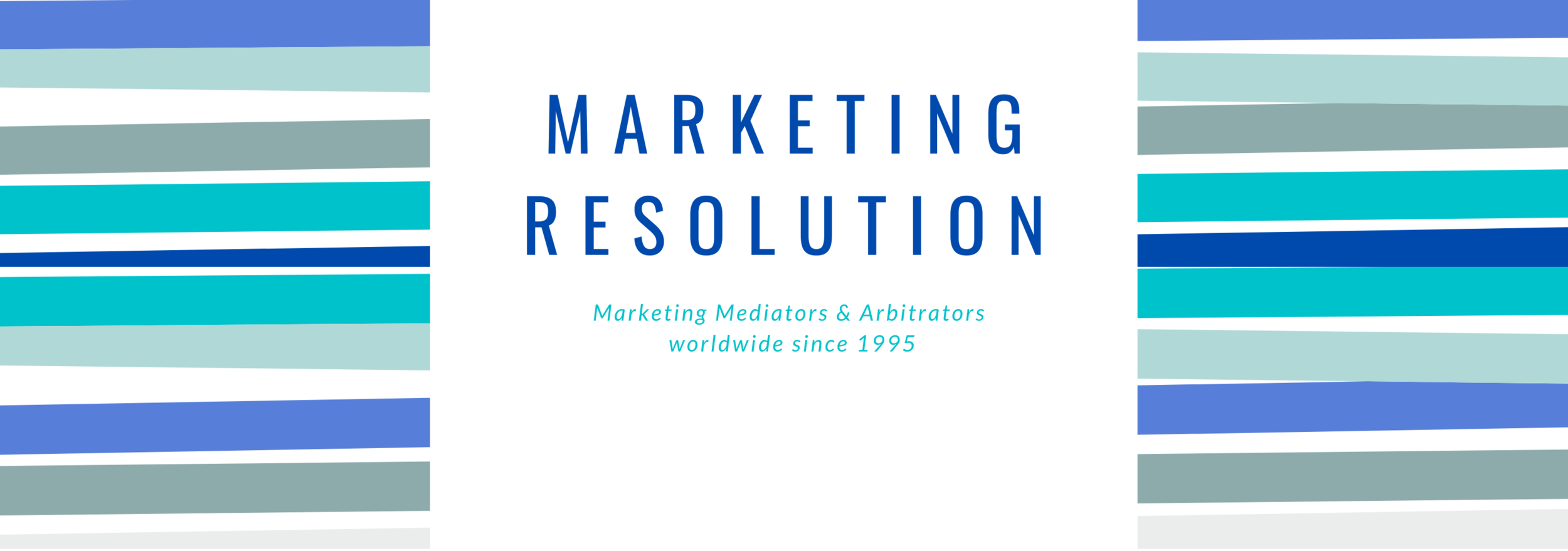Professional Development Opportunities For Mediators
From certification programs and training courses to industry conferences and seminars, there are numerous opportunities for professional development in the field of mediation.
6 Professional Development Opportunities
The field of mediation offers a wide range of professional development opportunities that enable mediators to enhance their skills, expand their knowledge, and stay updated with industry trends. These opportunities provide valuable platforms for learning, networking, and professional growth. In this section, we will explore different types of professional development opportunities available in mediation and provide advice on how to choose the ones that are most beneficial to you and align with your professional goals.
1. Certification Programs and degrees from established colleges and universities: Certification programs and degrees provide structured training and education in ADR in general and for specific areas of mediation. They are designed to deepen your knowledge, develop specialized skills, and demonstrate your expertise in a particular field. For example, you may consider pursuing certifications in family mediation, workplace mediation, or international mediation. When choosing a certification program, ensure that it is offered by a reputable organization or institution, covers relevant topics, and provides comprehensive training that aligns with your interests, career goals and the has the necessary training that your clients will want from you.
2. Training Courses and Workshops: If a degree isn’t what you need or you’re your clients will want to see your resume, training courses and workshops offer focused and practical learning experiences in various aspects of mediation. These opportunities allow you to develop specific skills, learn new techniques, and gain hands-on experience under the guidance of experienced mediators. Look for training courses that offer interactive and experiential learning, provide opportunities for role-playing and case studies, and are facilitated by knowledgeable trainers. Consider the topics, duration, and learning outcomes of the training courses to ensure they meet your learning objectives.
3. Industry Conferences and Seminars: For continuing education, industry conferences and seminars bring together mediators, practitioners, scholars, and thought leaders in the field. These events offer opportunities for learning, networking, and staying updated with the latest research, trends, and best practices in mediation. When choosing which conferences or seminars to attend, consider the quality and reputation of the event, the diversity of topics and speakers, and the relevance of the content to your practice. Look for conferences that offer a mix of keynote speeches, panel discussions, and interactive workshops to maximize your learning experience.
4. Webinars and Online Learning Platforms: Additionally, webinars and online learning platforms provide convenient and accessible options for professional development. They allow you to learn from experts in the field, engage in interactive sessions, and access resources from the comfort of your own space. Look for webinars and online learning platforms that offer a variety of topics, reliable presenters, and opportunities for discussion and Q&A sessions. Consider your preferred learning style and schedule when selecting webinars or online courses to ensure they fit your needs.
5. Peer Learning and Mentorship: Peer learning and mentorship offer valuable opportunities for mediators to learn from and support one another. Participating in study groups, discussion circles, or peer supervision sessions allows you to share experiences, exchange ideas, and receive feedback from fellow mediators. Seeking mentorship from experienced mediators can provide guidance, practical advice, and support in your professional development journey. When engaging in peer learning or mentorship, seek individuals with diverse experiences, expertise, and a willingness to share their knowledge.
6. Professional Association Resources: Professional associations and organizations in the field of mediation often provide resources, publications, webinars, and conferences that cater to the professional development needs of mediators. Consider joining a reputable professional association or organization that aligns with your practice area and interests. Explore the resources and opportunities they offer, such as newsletters, online forums, specialized training programs, and networking events. Active involvement in these associations can provide access to a supportive community, valuable resources, and opportunities for collaboration.
When choosing professional development opportunities, consider the following factors:
· Relevance: Ensure that the opportunity aligns with your professional goals, interests, and practice area. Choose opportunities that address specific gaps in your knowledge or skills.
· Quality and Reputation: Research the reputation and credibility of the program, organization, or event. Look for reviews, testimonials, or recommendations from trusted sources.
· Expertise of Facilitators or Speakers: Consider the expertise and experience of the facilitators or speakers involved in the opportunity. Verify their qualifications, reputation, and contributions to the mediation field.
· Cost and Accessibility: Evaluate the cost, location, and accessibility of the opportunity. Consider your budget, schedule, and geographical constraints when making your selection.
· Continuing Education Requirements: If you are bound by professional or regulatory bodies, check if the opportunity fulfills continuing education requirements or contributes to your professional development obligations.
Remember that professional development is an ongoing process, and it is beneficial to engage in a variety of opportunities throughout your career. By actively seeking professional development, you demonstrate a commitment to excellence, continuous learning, and the growth of your mediation practice.
Once you’ve completed any professional development program don’t forget to update your bio / resume / CV so that prospective clients can easily see your devotion to professionalism.
And most importantly, although I think that continuing education is always valuable, before you invest your time and money (both limited resources) think about how any professional development education will enhance your ability to serve clients or help you grow your practice. Of course professional development matters to all of us. But if your professional development matters a lot to your clients, it should matter a lot to you too.

